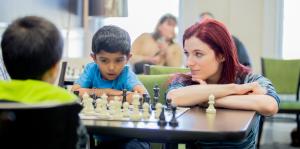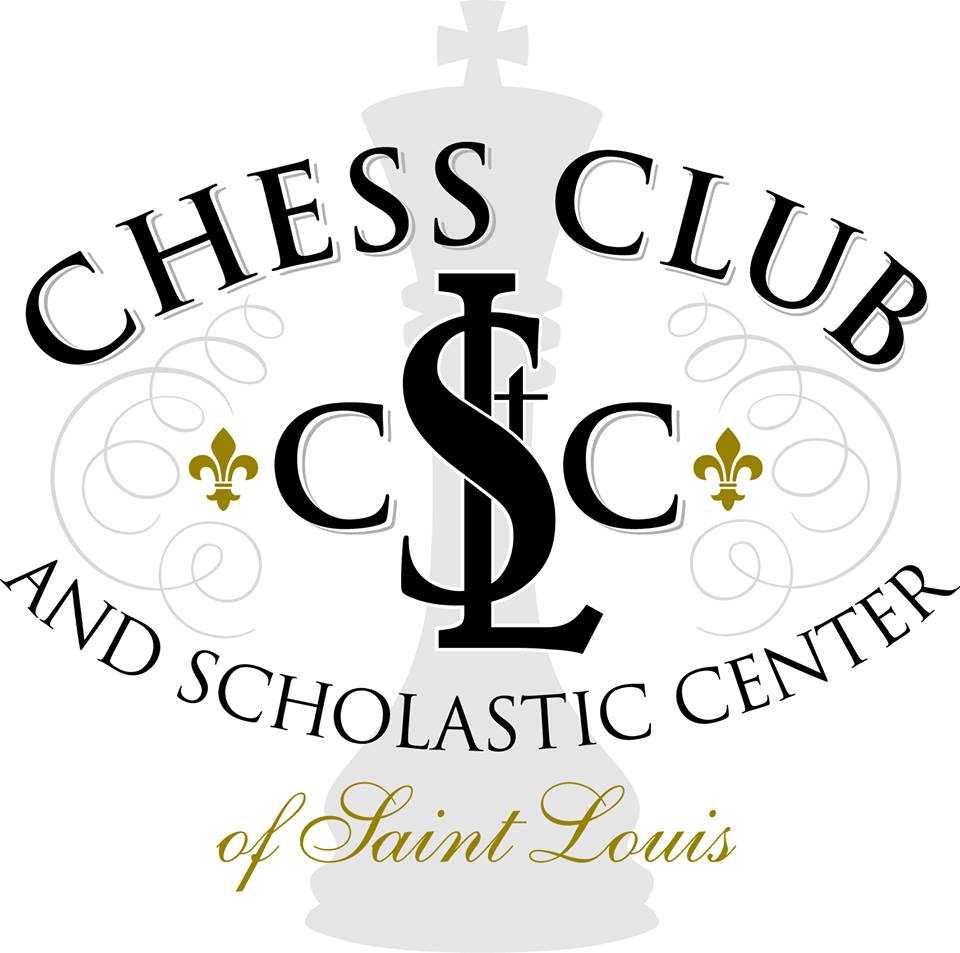Interview with a Grandmaster: Josh Friedel
This blog is all about digging into the data. Whether you want to explore the impact of chess in schools or the distribution of Grandmasters across globe, the CCSCSL’s research blog has you covered!
This blog is all about digging into the data. Whether you want to explore the impact of chess in schools or the distribution of Grandmasters across globe, the CCSCSL’s research blog has you covered!

Does playing chess result in better student outcomes? Whether those outcomes are cognitive like mathematics achievement or non-cognitive like confidence, it seems like a straightforward question to answer.
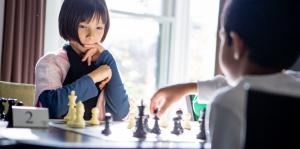
In 1976, President Gerald Ford declared the second Saturday of October to be National Chess Day. On Saturday, October 8, the Chess Club hosted the 2016 National Chess Day G/65 Championship to celebrate the holiday with a four round tournament.
Some nations have always been chess powerhouses, like Russia and the United States. While these two nations are undeniably titans of the game, this blog post focuses on a far smaller nation whose commitment to the game is unrivaled.
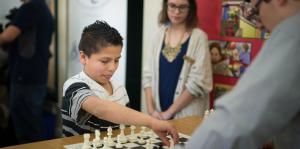
One of the primary goals of the Chess Club and Scholastic Center of Saint Louis is to encourage and support chess in schools. This provides opportunities to introduce chess to students with disabilities, including autism.
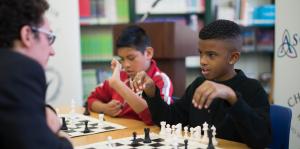
The 2016 Club Championship was the biggest Championship in Club history in every way imaginable with a record number of participants, a record number of Grandmasters, and a record number of Club Champions!
Grandmasters (GMs) represent an elite tier of chess players. By fighting their way through the ranks, they have achieved the highest ranking in modern chess. But what does it actually take to earn a GM title?

Chess is experiencing a renaissance. Thanks to the websites like Twitch, the rise of online chess, and the match between Garry Kasporov and Deep Blue, the game is at its most popular since Bobby Fischer and Boris Spassky faced off in the 70s. This surge in interest is perhaps most notable within education.
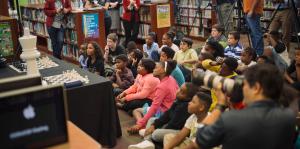
This blog has featured several articles exploring the impacts of chess on school-aged children. The effects have ranged from improved scores of math assessments, increased cognitive abilities, and stronger social skills. However, new chess research out of England suggests chess may not affect student outcomes at all.
